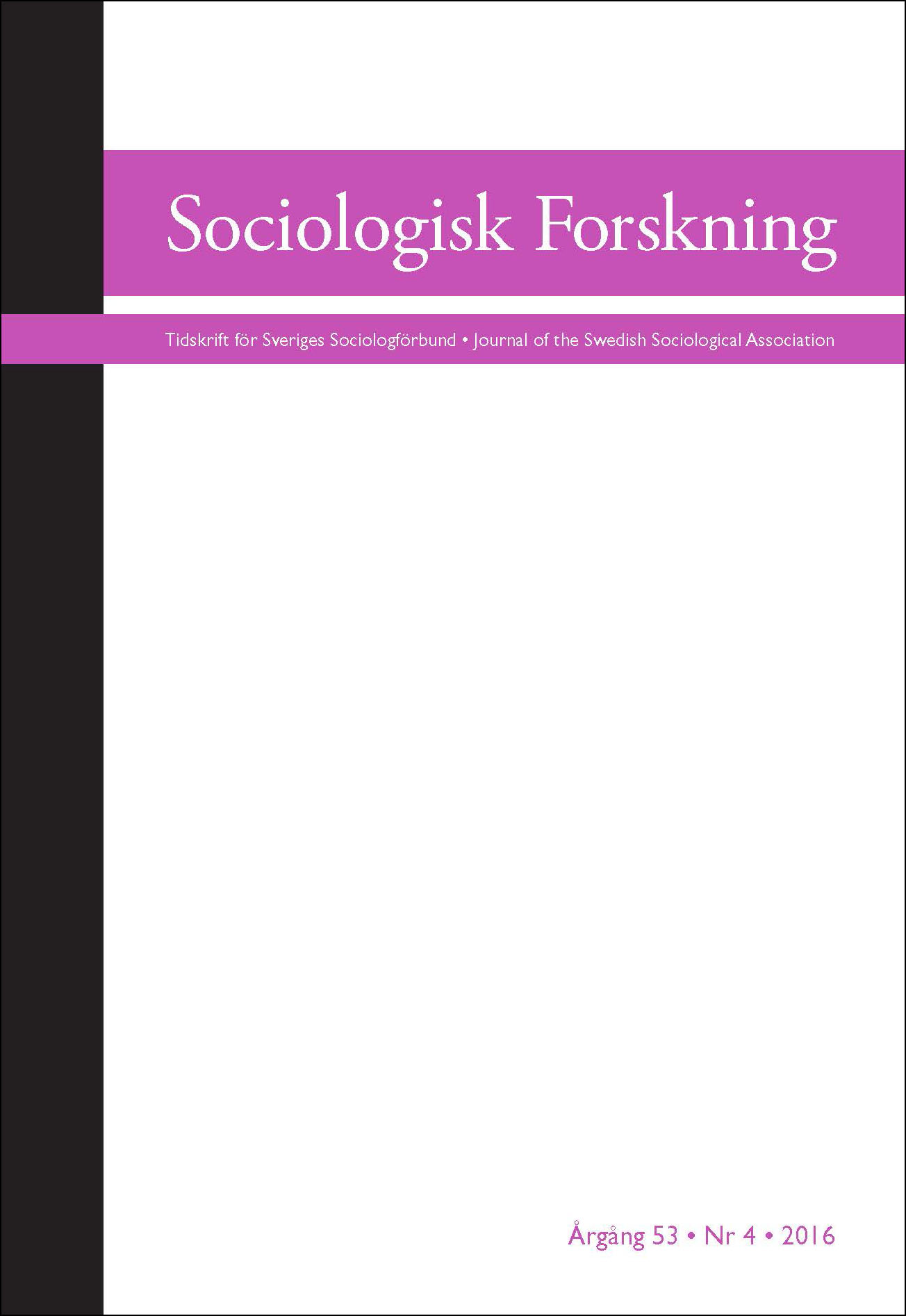Om kategorisering og symbolskmagtudøvelse i det sociale arbejde
Myten om de ressourcestærke forældre til børn med neuro-psykiatriske diagnoser
DOI:
https://doi.org/10.37062/sf.53.18270Keywords:
social work, categorization, conflictual collaboration, neuropsychiatric diagnosesAbstract
On categorization and symbolic power in social work: The myth of the resourceful parents to children with neuro-psychiatric diagnoses
Social workers often use the term resourceful about a certain group of parents to children with neuro-psychiatric diagnoses, e.g. autism spectrum disorder and ADHD. This paper discusses the consequences of this sort of stereotyping/categorization with particular regard to the collaboration between these parents and the social workers as they meet in the social services system, when the parents apply for help for their children. Drawing upon Pierre Bourdieu, it is suggested that the categorization resourceful is not only overly simplistic and a myth, but is straight out misguiding and complicates the interaction – in fact it represents an act of symbolic power. Based upon a six months long sociological field-work study it is shown, that even though social workers seem to acknowledge the difficult and grueling life-situation of the parents, they are first and foremost perceived as resourceful and knowledgeable but hence also as annoying, insufferable, demanding and basically unjustified, even though they have obvious legal rights. Parents and social workers alike described the collaboration as being conflictual and a struggle and the complex power-relations are discussed in the light of Bourdieu.
Downloads
Published
How to Cite
Issue
Section
License
All content in Sociologisk Forskning is published with immediate open access, under the Creative Commons license CC BY-NC-ND 4.0.
All content may be read, downloaded, shared and printed for non-commercial purposes, free and without fees. Contents may not be altered. When content is reused, author, source and a link to the copyright licence must be provided. The author retains copyright to their content. No publication fees are charged.





